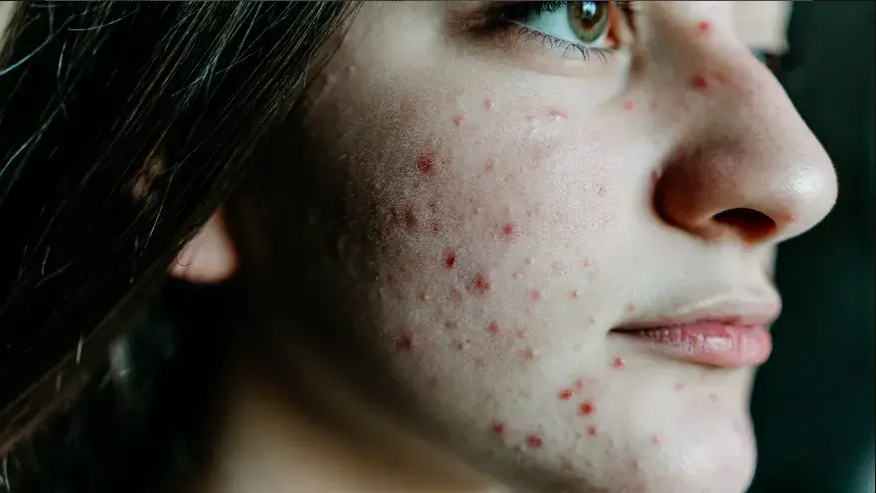Read Full Article HereAUSTIN (KXAN) — Individuals who suffer from atopic dermatitis are three times more likely to develop anxiety, depression and sleep deprivation, according to experts.
Eczema, also known as atopic dermatitis, is a chronic skin condition that normally starts in childhood.
Dr. Aubrey Chad Hartmann, board-certified dermatologist and fellow of the American Academy of Dermatology, said it is a condition manifested by intensely itchy areas that lead to the patient scratching. Scratching irritated areas causes red scaly patches on the skin which commonly get infected and lead to further issues.
Who is more likely to have Eczema?
Eczema is a common condition among Americans; approximately 16.5 million Americans suffer from atopic dermatitis. Dr. Hartmann said one in five children will be diagnosed in their early stages of childhood.
“Eczema is something that many patients keep for many years. Some children may outgrow it or will become more mild,” said Dr. Hartmann.
Eczema, sleep deprivation, anxiety and mental health
Dr. Hartmann said because atopic dermatitis is a condition visible to other people, it tends to affect the patient’s self-esteem.
“The other issue with atopic dermatitis is many people have difficulty sleeping at night because the itching is so intense. The sleep deprivation can lead to an increased issue with mood disorders,” said Dr. Hartmann.
Dr. Hartmann said patients suffering from eczema are three times more likely to develop either anxiety or depression, and he has been seeing it more frequently among his patients.
“The nice thing is, over the past several years, we’ve had great advancement in the treatment of eczema. It’s rare nowadays, with proper treatment that we can’t get patients well controlled,” said Dr. Hartmann.
Experts recommend starting by trying to control eczema at home if it is not too severe. The skin may be more reactive to things in the environment like soaps and fragrances with heavy scents. Dr. Hartmann said the atopic dermatitis reactions he sees amongst his patients are often a result of an allergy to pollen and cedar.
Treating Eczema
Dr. Hartmann suggests to start by treating the condition at home if it is not too severe. Begin by using gentle soaps to wash the face or skin, avoiding using Hot water, dry off the skin immediately after the shower and apply moisturizer to the skin to trap the moisture.
If that is not enough, then doctors begin using new forms of treatments that Dr. Hartmann said have been making a difference in their patient’s mental health.
“We have certain medications that are either injected on an every other week basis or once a month basis, or pills that we take every day that can get more to the root cause of atopic dermatitis. These newer medications have been more effective, each patient seems to be sleeping better, feeling better, and their quality of life is dramatically improved,” said Dr. Hartmann.
Experts link sleeplessness, anxiety, depression to eczema
October 27, 2024








